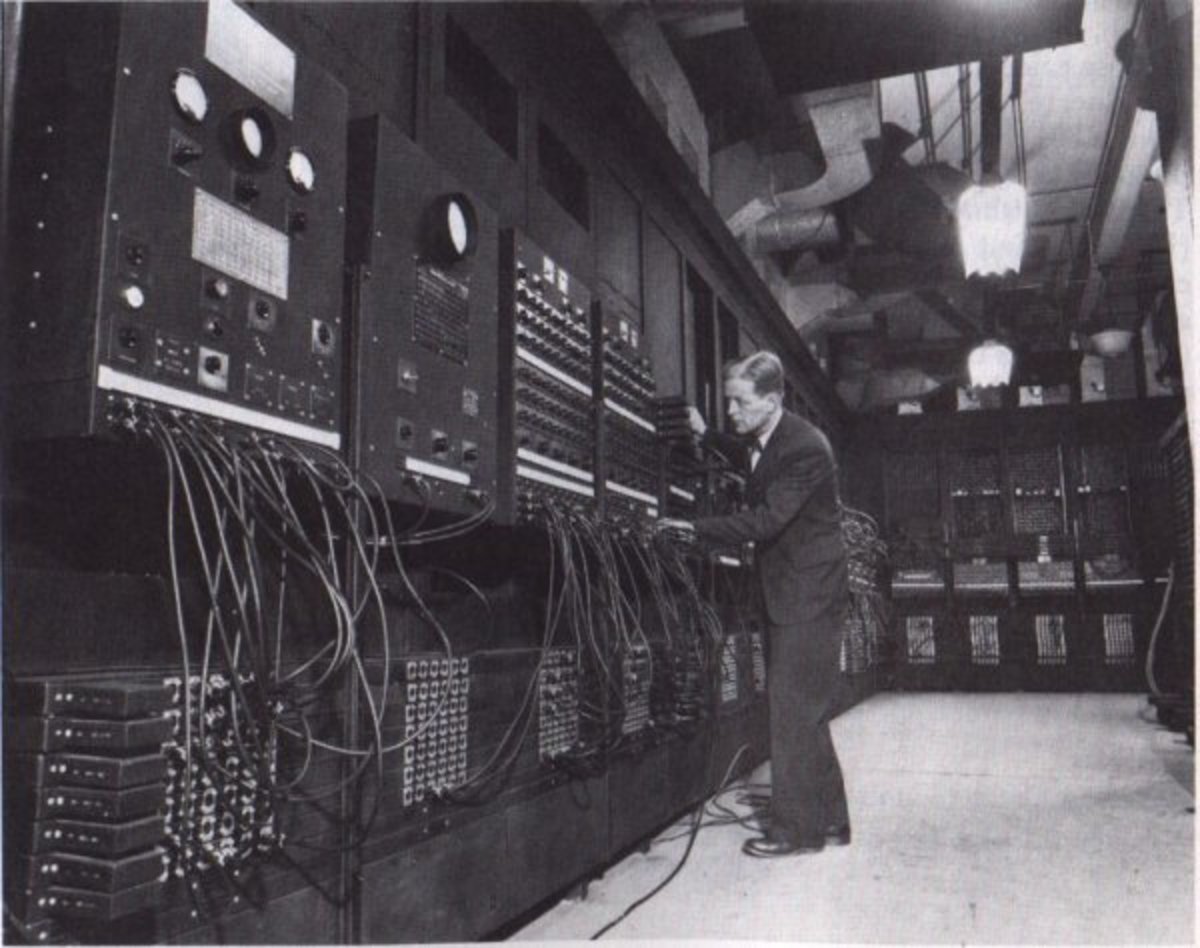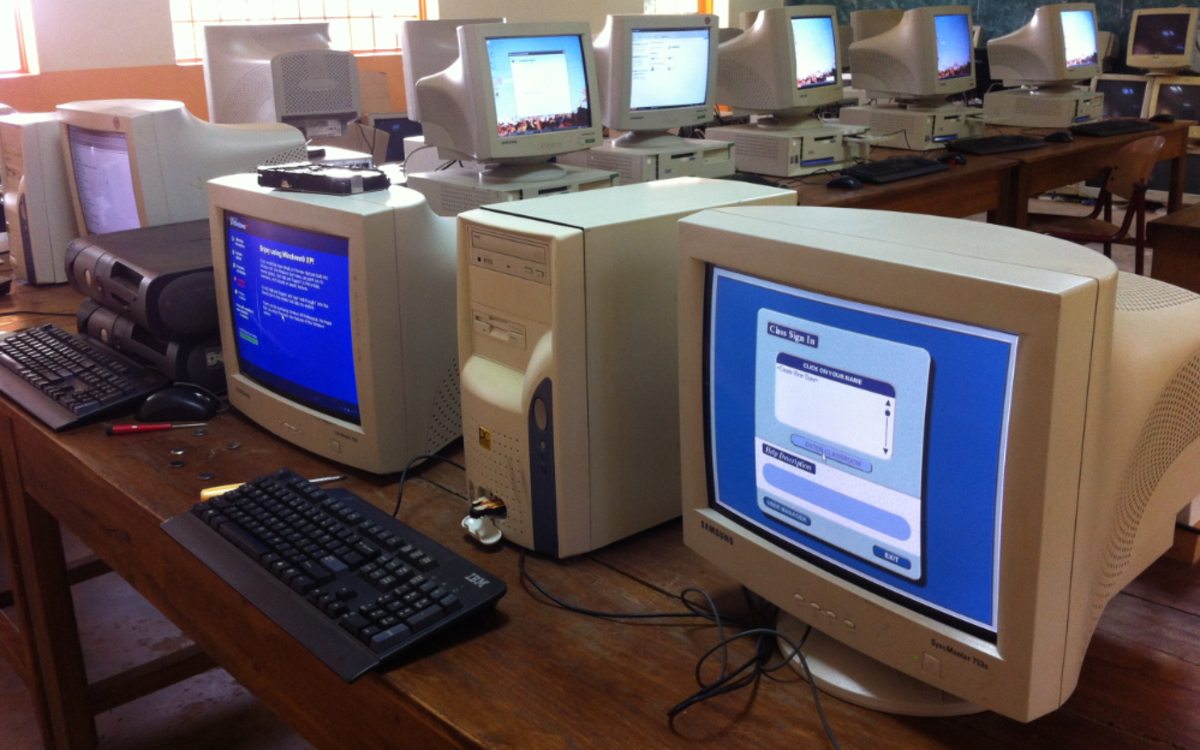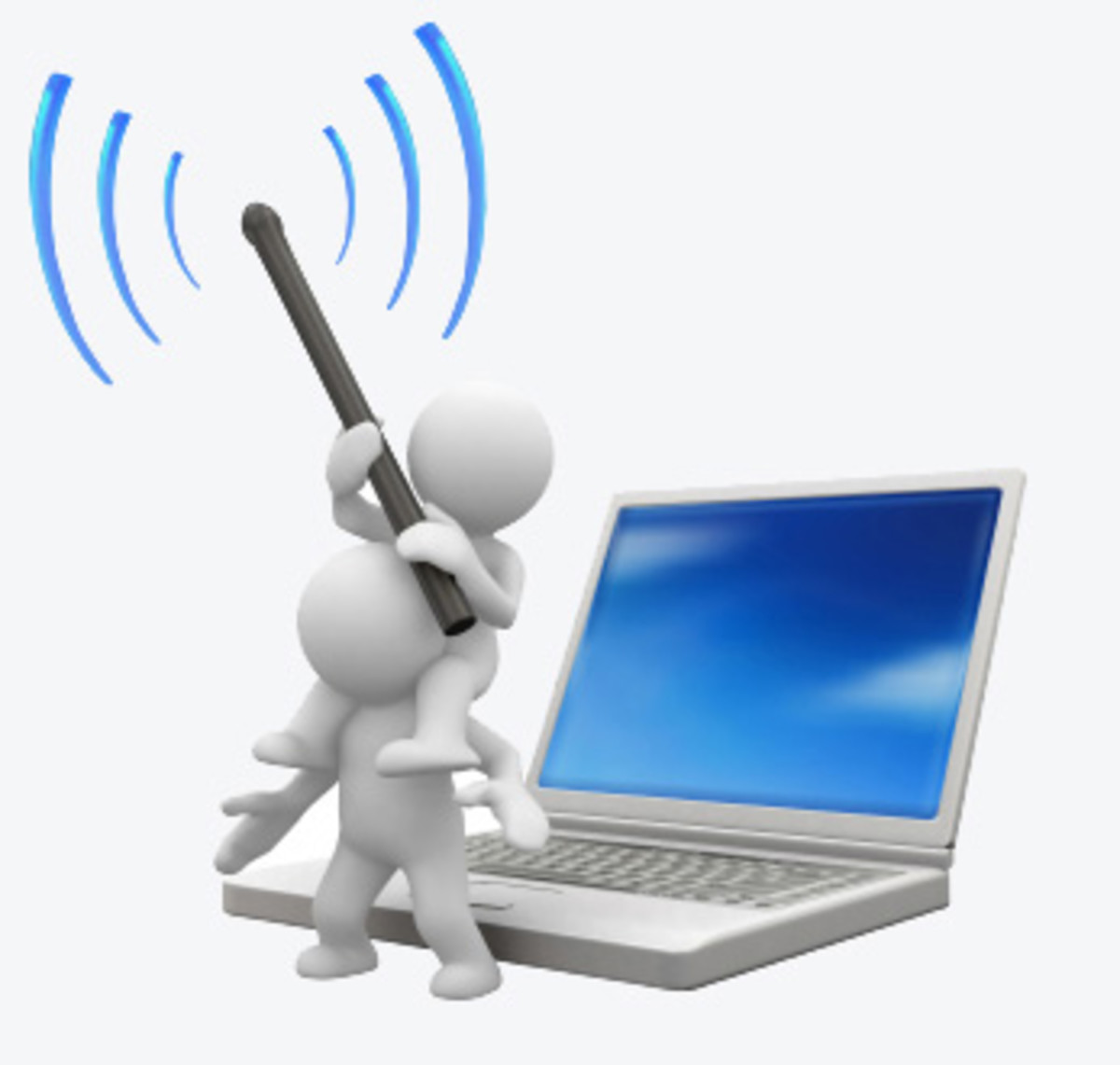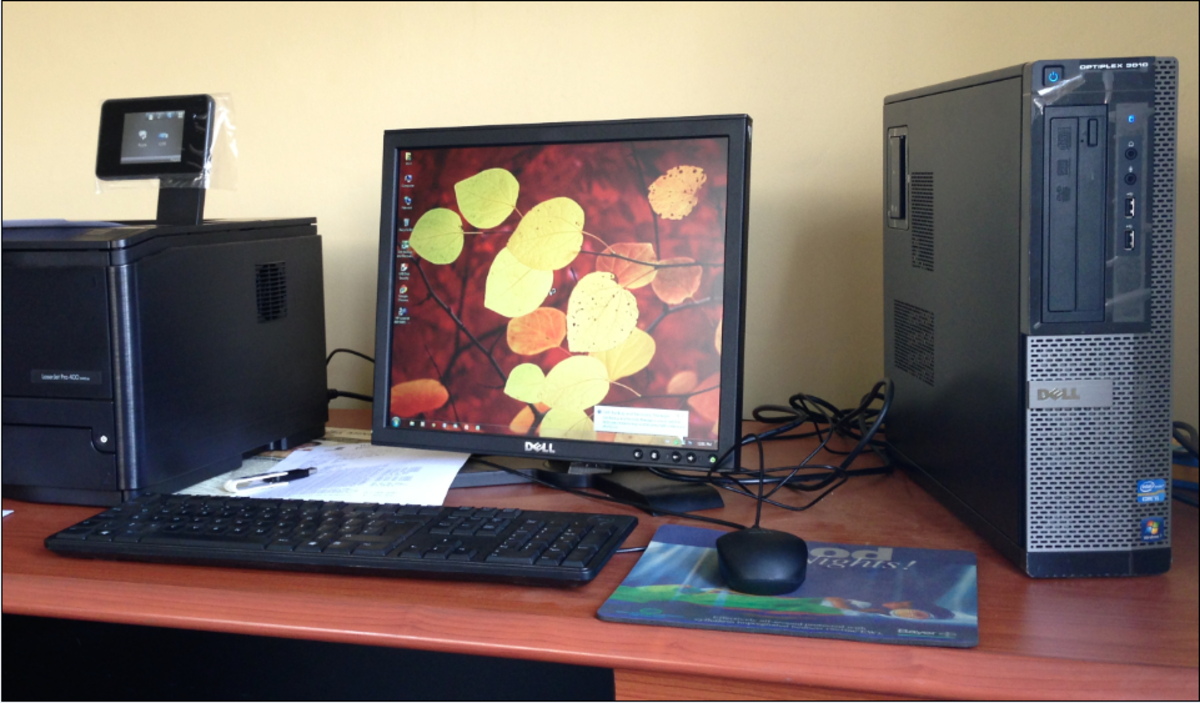Etiquette for Using Someone Else's Computer
Introduction
What are the rules to follow when using someone else's device? What is the etiquette for using someone else's computer?
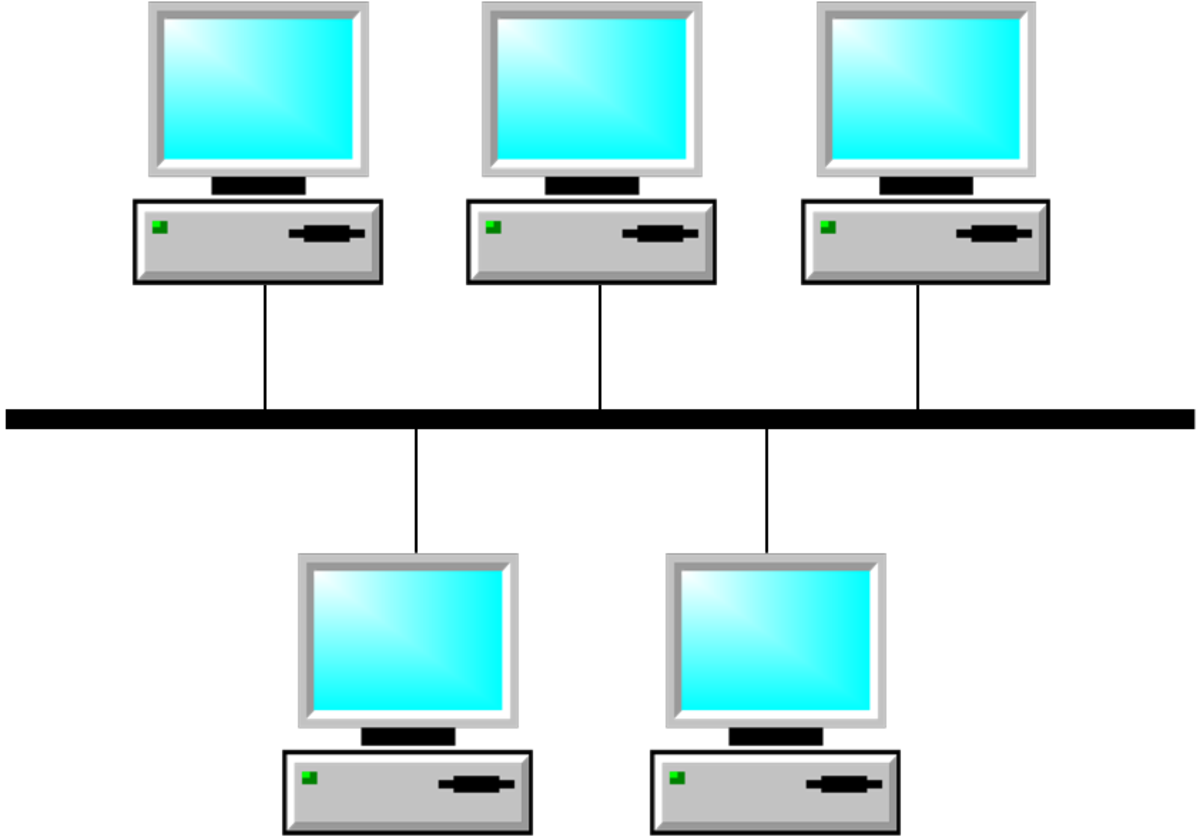
Computer Etiquette for Shared Devices
- Be careful of logging in with their account on a computer or console. Not only can you gain access to their correspondence, but it may lock the account if that person tries to log in somewhere else.
- Do not install iTunes on someone else’s computer. This risks creating havoc for the iTunes licensing agreement. Logging in to iTunes on their device to reset your own before logging out is not a problem.
- Don’t install freeware on a work computer unless IT or legal authorize the installation. Installing freeware then used for your work, a commercial purpose, can be a violation of the software licensing agreement. If the software gets your employer in trouble, you are the one who will be out of a job.
- Pause before you answer IT surveys about your work computer or your employer’s computer network. This information can be used for legitimate technical support troubleshooting but it can also be used by hackers to gain access to your system. Consider it as risky as telling a stranger which of your neighbor’s entry points aren’t visible from the street or their alarm system design.
- Do not install cloud computing applications like Seti@home on your work computer. This creates a vulnerable access point on the network and uses up system resources.
- Don’t install games on the computer. This is especially true if it is your work laptop brought home for the holiday break. IT will find out the moment it is plugged back into the network. Even if there are no penalties today, the IT policy violation will likely be recorded and added to your record if needed later.
- Do not surf what you do not want known. For example, many employers utilize software that monitors employee actions on corporate PCs. Personal computers can have computer monitoring what teenagers or spouses are doing. Don’t visit websites that you do not want to be known to have visited.
- Log in with a guest profile so that your actions do not impact the history or activity logs of that person. It also helps protect your privacy so that any credentials you use to log in to another site are not saved on that machine.
- Log off when you are done so that the next person is not working under your profile.
- Read your company's IT policies. When they say you can visit sites on your personal time, make certain the surfing stops when your break is over.
- Check the computer usage policy of the cyber-cafe or library you are in. Adult websites are inappropriate if not forbidden in these public venues.
- When you visit a website and it remembers someone else's credentials, delete their credentials and enter your own. Respect the other person's privacy. Be certain to turn off the "remember me" option so your credentials aren't saved by the machine.
- If someone logs onto your gaming console with their credentials, such as to share a game with you, don't log in later with their credentials after the person has gone. If Sony or Microsoft thinks that the person is sharing the account (by you logging in while the person is logged in with the same account on their console), their account could be suspended or banned for sharing.
- Do not access apps you use on the machines of others without permission, since this could result in their data being accessed by the app without their permission.

